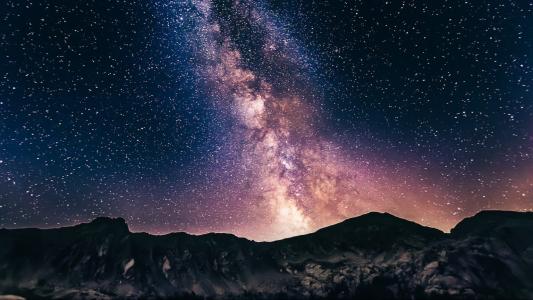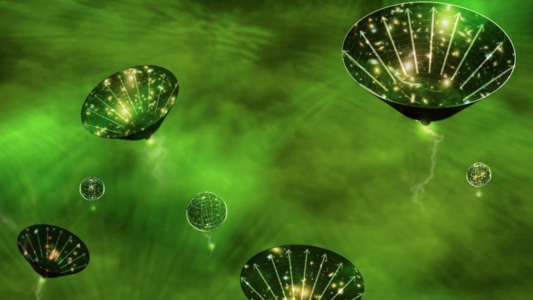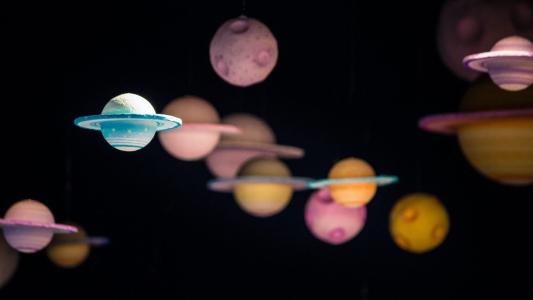Planet Earth
“Galactic archeology” makes spectacular find: the Milky Way is over 13 billion years old
Scientists have pushed the Milky Way's early history back more than 2 billion years: to less than 800 million years after the Big Bang.
Earth’s magnetic field supports biblical stories of destruction of ancient cities
By utilizing the ancient orientation of the Earth’s magnetic field, scientists have been able to piece together the history of ancient Judea.
Are we living in a baby universe that looks like a black hole to outside observers?
If the black holes that form in our cosmos give birth to baby Universes, perhaps we arose from the formation of a black hole ourselves.
What the new Earth-threatening asteroid means for humanity
In a remarkable achievement, three new large asteroids have been found in the most elusive place: inside the orbit of Earth.
Discovery finds the Earth’s core is constantly changing the length our day
The length of our day changes slightly over a six-year period. This recent discovery has perplexed scientists for about a decade.
What is the largest planet out of all the ones we know?
The "upper limit" to the size of our planets is exceeded in other stellar systems, but double Jupiter's radius seems to be the limit.
Solar geoengineering could cool Earth, but some regions might continue warming
Some governments might try to “geoengineer” the planet by spraying substances into the upper atmosphere to reflect sunlight away from Earth.
Meanwhile, Antarctica’s snow is turning green
On the Antarctic Peninsula, so-called snow algae are turning the snow green, which could lay the groundwork for a whole new ecosystem.
Why does nature create patterns?
A physicist explains the molecular-level processes behind crystals, stripes, and basalt columns in nature.
Sea turtles in Seychelles have recovered from the brink
The green turtles of Seychelles – once almost hunted to extinction – are now thriving again thanks to conservation efforts.









